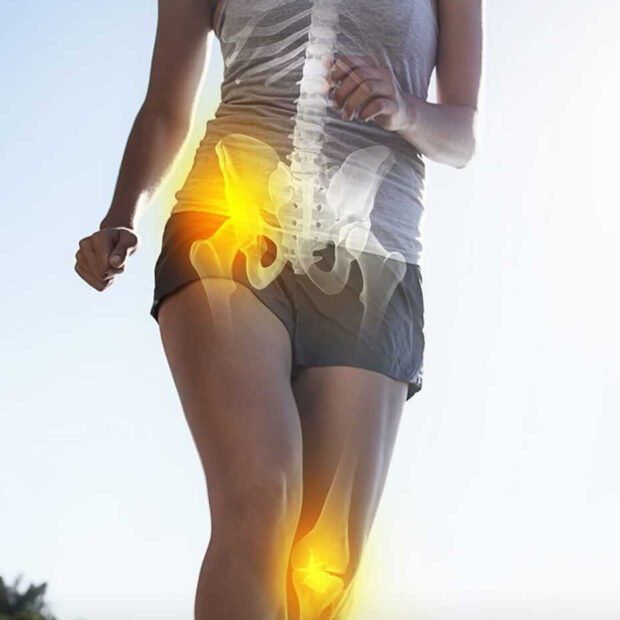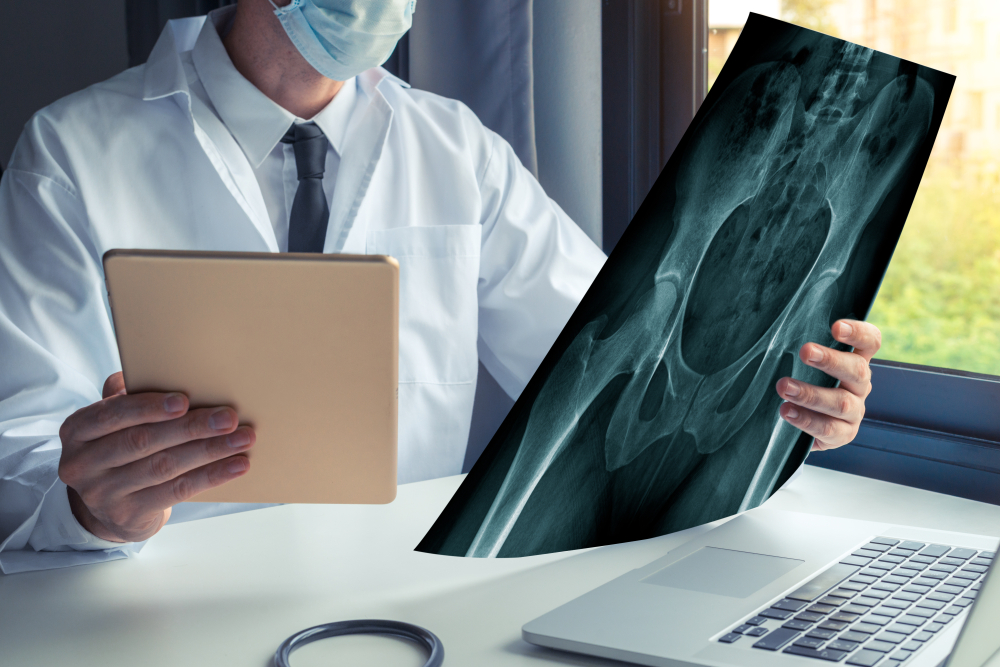Board-certified and fellowship-trained orthopedic surgeon Dr. Brett Gilbert specializes in minimally invasive muscle-sparing hip and knee replacements, and a wide range of treatment options for hip and knee arthritis.

Patient Portal
The patient portal offers a way to communicate with us electronically and securely and by bypassing the phone.
Locations
Get more information about the different EmergeOrtho Locations that Dr. Gilbert is available in.
Procedures & Treatments
Dr. Brett Gilbert provides effective orthopedic care for a wide variety of hip and knee conditions, using state-of-the-art technology and board-certified expertise.

Request A Second Opinion
Dr. Gilbert’s goal is to provide compassionate care, technical expertise, and personalized attention to patients with hip or knee issues. In some cases, especially with tough or complicated medical issues, it is a good idea to take a second opinion from more than one surgeon for a better understanding of your diagnosis and treatment options.
Opinion for Hip or Knee Replacement Surgery
As a hip and knee replacement specialist, Dr. Gilbert is available to provide a valuable opinion to help you make clearer decisions about your health.
To schedule an appointment with Dr. Gilbert, call our office at (919) 788-8797.

Reed
Dr. Gilbert on the team at emerge ortho are just wonderful. They have replaced both of my hips and I can now get back to my regular activities like going to the gym and horseback riding. If I ever needed any orthopedic work done I would definitely go to the fine folks at Emerge Ortho..
Gary
Dr. Gilbert replaced my right knee in 2017 and did a terrific job. Recently, he replaced my left knee and, again, I’m grateful that the operation was a huge success. Dr. Gilbert is an outstanding joint replacement surgeon and I highly recommend him.
Schedule An Appointment Today
Please click the adjacent link and fill out the required information. Once submitted, our office will be in touch with you as soon as possible.
© 2024 EmergeOrtho. All Rights Reserved.
Design by Farotech
